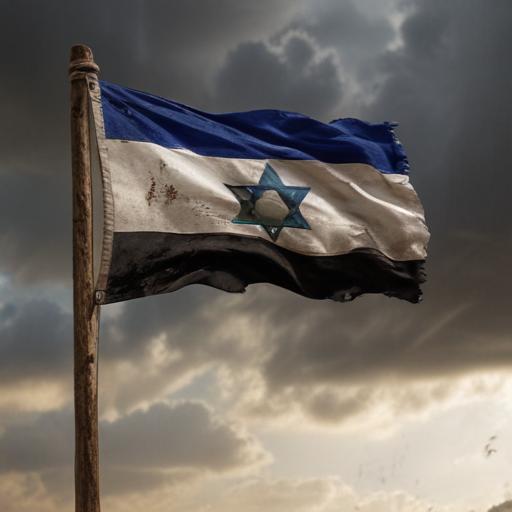As Israel navigates a particularly intricate phase of its ongoing conflict with Hamas, Hezbollah, and Iran along with its regional allies, Dan Diker, the president of the Jerusalem Center for Security and Foreign Affairs, emphasizes that Israel is engaged in a battle for its very existence. He describes this moment as critical not just for regional diplomacy but as part of a global contest for influence that could shape the future of Israel and Western civilization.
Diker highlights the JCFA’s role in enhancing Israel’s security by fostering relationships with Middle Eastern allies and engaging with Western partners. He notes the significance of the Abraham Accords, which have established a bridge between Israel and the Arab Muslim majority in the Middle East, advocating for open dialogue and idea exchange. Diker argues that this approach allows Israel to present itself authentically as a Middle Eastern country, countering narratives that portray it as a foreign colonial state.
However, alongside strengthening these regional ties, Diker identifies a pressing challenge: efforts to delegitimize Israel and the Jewish people globally, which he terms “the war of October 8.” He outlines seven fronts of this battle, including military threats from Hamas and Hezbollah, Iranian-backed groups, and a pervasive campaign of psychological, diplomatic, and legal warfare in the West. This second front, he argues, is as hazardous as the military threats emanating from Gaza and Lebanon.
Diker warns that Israel is losing the battle for public perception, particularly among younger Americans who lack historical context regarding Israel’s struggles. He likens the current atmosphere on university campuses to past revolutionary movements, suggesting a substantial ideological challenge to Western values and governance.
To address these issues, Diker calls for a strategic shift in Israel’s public diplomacy from defensive posturing to proactive engagement, emphasizing the need for a strong narrative that exposes and challenges adversarial ideologies. He invokes the idea of being the “strong horse” in the region, which requires not only military strength but also moral clarity and effective communication.
Diker stresses the importance of unity among allies, encouraging both Jewish and non-Jewish supporters of Israel to uphold democratic values and truth. He sees the decline of moral clarity in the West as harmful not just to Israel, but also to Jewish communities worldwide, who may face increased antisemitism linked to their connection with Israel.
In a call for collective action, Diker articulates the need to confront radicalism through a combined front, advocating for freedom and moral clarity as essential in the ongoing struggle against forces that threaten civilization. For Diker, the challenge is monumental, but through unity and courage, a stronger and more secure future can be achieved.
